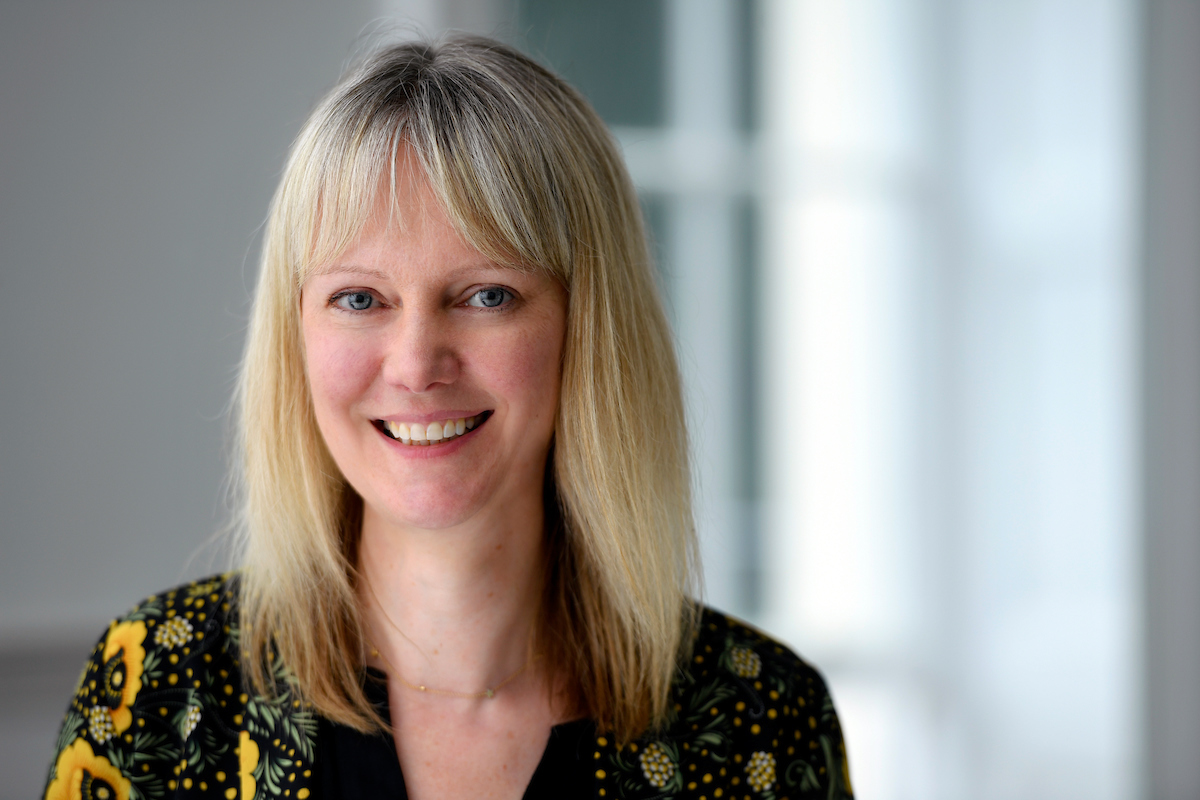Gorkana meets Michael Taggart


Gorkana recently caught up with MRM’s head of social media and former Daily Mail reporter, MICHAEL TAGGART. Here, we re-print he interview – about Michael’s mutual respect for journalism and PR and why the social web must be the battleground in a crisis – which was first published at GorkanaPR.com.
How is 2012 looking for MRM, what are you guys working on?
We’re concentrating on three things for most of the next 12 months – growing, growing and growing. To bungle a simile, we’ve been like a Cadbury’s Cream Egg (stay with me) – small but full of quality…and, erm, surprisingly tasty. But we’ve made some important hires and operational changes in the last year meaning the team has grown to 15. So there’s enough yolk to…well, you know what I mean.
What changes have you seen in clients’ attitudes towards social media – is there an unprecedented sea change in terms of it now sitting near the top of their priority lists?
I was at a comms planning meeting recently with a CEO, some senior sales staff and a fund manager when one of the more grey-haired among us piped up “obviously, we’ll have to use Twitter to let people know about this”. This was met immediately with sage nods from around the table. This sort of thing simply didn’t happen 18 months ago. Businesspeople finally get it. I don’t mean they always understand the specific tools, like Google Plus and Foursquare, but they have generally grasped that people in all walks of life are using social media to interact with people from all parts of their lives.
They know that their companies must meet their customers and clients in these channels – or risk not interacting with them at all. For me, this is a far more important revelation than understanding the mysterious minutiae of the Twitter hashtag or knowing how to share a YouTube video on Facebook. This newfound understanding has meant social media is now a major part of our new business meetings and, as every month passes, we are doing more monitoring, strategy work, community building, campaigns and content creation for our clients.
You were in charge of social media at Brighton and Hove Council and responsible for ensuring the public could communicate about the public services they paid for, how did this work out for you from a communications perspective?
Like most local papers, the one in Brighton has a dwindling readership. You’ll often reach as many people by using a loudhailer on the seafront as you will communicating through the pages of the local rag. The other major problems are that there’s very little possibility of two-way communication in traditional media – even on radio – so there’s limited value and it’s not instant. These limitations really hit home when the city turned into a large ice-rink during the winter of 2009/10. On a single day, more than 100 people were admitted to A&E with broken bones. Being a ‘digital’ city, this crisis – and the council’s role in gritting roads and pavements – soon provided fodder for hundreds of furious tweets, blogs, updates and comments.
We knew we had to join conversations where they were happening – on the social web. It was no use sending a statement to the media and waiting hours for it to be broadcast or printed. This was a kind of wake-up call and so when the crisis had subsided we went all out to find out who was saying what about public services and where they were saying it so we could try to make helpful and relevant interventions without butting in where we weren’t wanted. This was the dawn of a new relationship with the council taxpayers and by the time I left just over a year ago the public were able to have real conversations with real people in real time in a range of key council departments, including refuse, transport and public safety.
What was the move like for you from journalism into PR?
Journalists always worry that they are selling their souls to the devil when they make this move. This is, of course, poppycock. In both careers you can find and ‘sell-in’ great stories to news editors, cultivate useful contacts and unleash that elusive turn of phrase that lights up a news story. In both, you can speak truth to power, bring attention to worthy causes and effect positive change. Conversely, you can use both disciplines to mislead, cheat, bully, cajole and promote self-interest.
My own experience has been that the skills of good journalism and good PR overlap substantially but they are not the same. For example, as a PR, I will nearly always need a decent business head. Not so in journalism. As a journalist, on the other hand, I will nearly always require a little bravery and a dogged determination to root out facts that aren’t forthcoming. Not so in PR. One other significant difference: in general, the pay in journalism is criminally low, whereas it tends to be fairer in PR.
What one thing would you change about PR? And journalism?
It’s the same for both – I would like PRs and journalists to show greater understanding of and respect for one another’s crafts.
Who in PR do you most admire? And journalism?
In PR, I’m a big fan of Neville Hobson (@jangles on Twitter), one of the UK’s leading opinion formers. He co-hosts what I believe is the world’s best media and marketing podcast, despite a clutch of brilliantly informative and entertaining competitors in America. He’s both a fierce critic and a passionate advocate of public relations.
In journalism, it’s probably Jason Burke (@burke_jason on Twitter) of the Observer, who has written three magnificent books about the rise of Islamic militancy and who was responsible for this wonderful passage in On The Road To Kandahar when he tells us he “ate noodles with Thai Muslims and couscous with Algerian mujahedeen, drunk tea with Berbers, coffee with the Acehnese, argued with hardline Taliban mullahs, mystic Sufi teachers and corrupt Palestinian politicians… drunk beer with Iraqi poets, whisky with Indian bankers and tea with suicide bombers of various nationalities.” Although I did always wonder whether it were physically possible to “drink tea with suicide bombers”.
The website you most check is?
Probably Facebook or Wikipedia.
The most interesting fact about yourself is?
At the age of eight, I starred with Nigel Havers in a 1940s mini-series called ‘After The War’. ‘Starred’ is probably stretching it. I was ‘boy with gasmask #2’ and had about 10 seconds on screen in total. I’m still waiting for a second TV role.
Your daily newspaper of choice is?
I flick through them all at various points in the day. Telegraph for news, Guardian for media news, Evening Standard for the train journey. The Sun comes in handy if I spill something.
The finest moment of your career to date – in journalism, and in PR is?
I did a couple of undercover investigations I was quite proud of as a national newspaper journalist – one involved me posing as an illegal Albanian worker for two weeks and lugging bricks around in various suburban housing estates. I also exposed the close romantic tie between a recent Prime Minister’s son and the daughter of a rival from the other side of the political spectrum. Unfortunately, the newspaper’s lawyers bottled it and decided we would likely be sued for breach of privacy so it never saw the light of day.
In PR, winning awards is always nice but I was most proud of a campaign at Westminster council, which sought (successfully) to persuade people in London to give their loose change to homelessness charities, rather than hand it to street sleepers, who would often spend the money on harmful drugs.
The next big thing in social media will be?
Customer feedback. Starbucks is probably the most famous example of how a brand can use social media to leverage the insight of customers so they can improve their business – see mystarbucksidea.com. We’re starting to catch on to the opportunities here in the UK and I note that a train operator – First Capital Connect – has just done something similar, although they’re getting a bit of a pasting for poor service. It will be interesting to see what benefits they derive from it. As a disgruntled customer, I applaud their willingness to hear my voice and to try and do better.
How do you expect social media will grow and be utilised as a medium by businesses?
We are social creatures, who crave company and the attention of our social groups. We want to listen to stories and tell people about our own experiences. Fifty thousand years ago, we did this around campfires. But now, because of our complex schedules and busy lives, social networks have become our campfires. The world has changed but human nature hasn’t and social media is just the latest means with which we fulfill our primordial needs. Businesses need to understand that this is what motivates consumers on the social web. This doesn’t mean spitting sales and marketing messages at people as though it were the Yellow Pages.
It means building and joining relevant communities and making the lives of the people there easier, entertaining and educating them, introducing them to useful people, making them feel special and giving them something to talk about. When businesses do this, a whole world of possibilities will open up in terms of using their communities to support their customer services, marketing, sales, brand management, research, online crisis management and many other business functions. Simples.
What recent financial campaigns using social media have impressed you?
I have increasingly admired the way UK insurers have used Facebook to bring to life the characters central to their marketing, such as Churchill the dog and MoreThan Freeman. I haven’t seen any figures relating to sales but these campaigns have certainly helped those companies build brands that exude accessibility and approachability.
Finally, do you have any good battle stories from when you worked as a hack at the Daily Mail?
I think I’ll have to “take the fifth” on this one – just in case Lord Leveson decides he wants to be the first to hear about my muck-raking.
Michael blogs at https://www.mrm-london.com/author/michael-taggart/
Questions and write up from Gorkana’s news manager, Doug Keighley.
